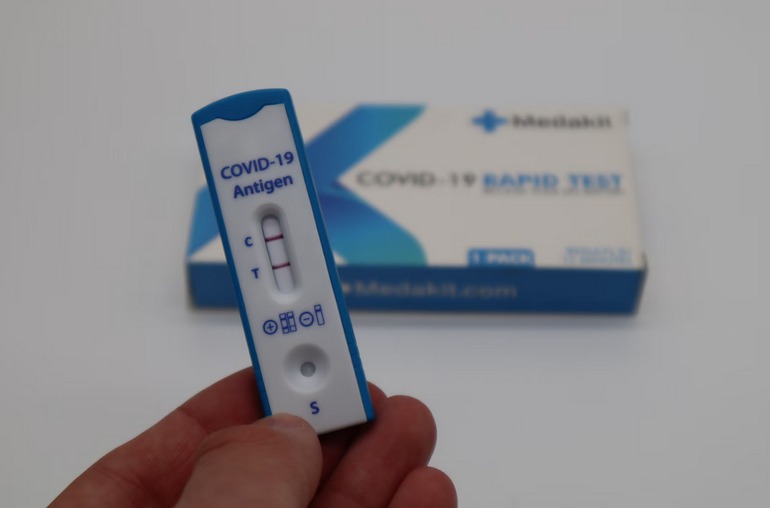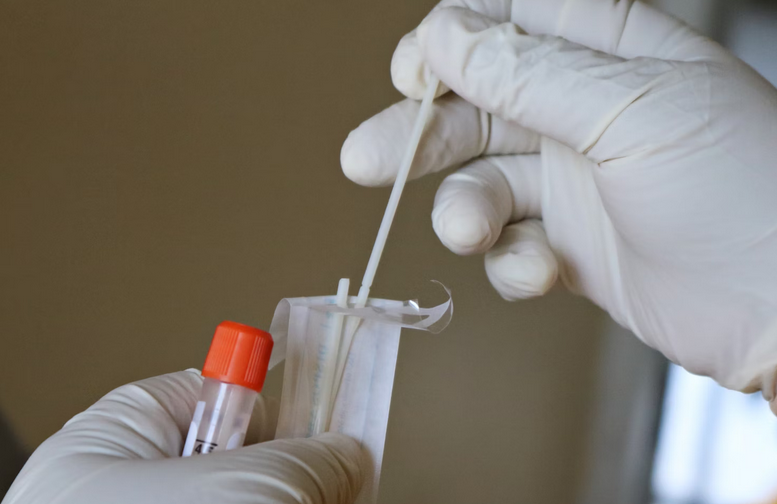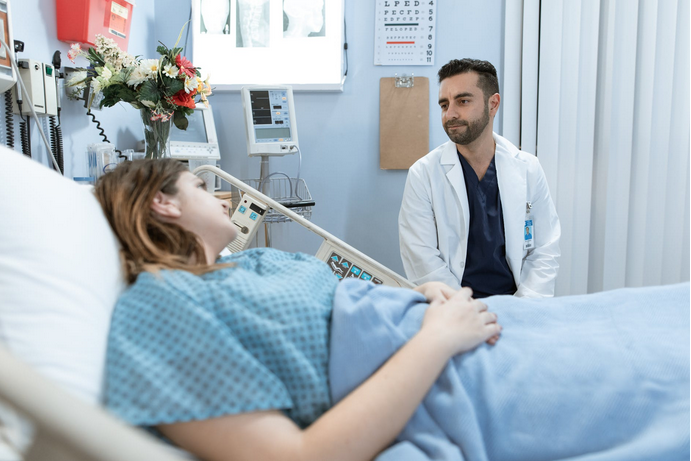The COVID-19 pandemic has officially been tackled. Or at least, that’s what the authorities announced in May 2023. But after a year and a half of the pandemic, we are still dealing with this virus that has already taken over 4 million lives worldwide. One of the main ways to control the spread of COVID-19 is through testing.
But even with 18 months of experience under our belts, there are still many questions surrounding these tests. In this article, we answer some of the most frequently asked questions about the covid test nyc so you can fully understand their purpose, types, accuracy, and more.
What’s the Difference Between PCR and Rapid Tests?
PCR (Polymerase Chain Reaction) and Rapid tests are two common types of COVID-19 testing methods, each serving a different purpose. PCR tests are considered the pure gold standard for diagnosing COVID-19. They work by detecting genetic material from the virus itself. A sample is usually collected from your nose or throat using a swab, and then it is sent to a laboratory for analysis. PCR tests are obviously pretty accurate and can detect even the smallest amounts of the virus in your body.
On the other hand, Rapid tests provide results within minutes, making them fast and convenient. These tests typically use a nasal or throat swab as well but use antigen detection instead of genetic material analysis. Antigens are proteins on the surface of the virus that trigger an immune response in our bodies. While they offer quick results, rapid tests may be less sensitive than PCR tests and could produce false negatives.
How Accurate Are COVID-19 Tests?

As mentioned, PCR (polymerase chain reaction) tests are super accurate. These tests basically detect genetic material from the virus and can identify even small amounts of viral RNA. PCR tests have been shown to be highly sensitive, meaning they rarely produce false-negative results.
On the other hand, rapid antigen tests provide quick results but may not be as accurate as PCR tests. Antigen tests detect certain proteins on the surface of the virus and can yield results within minutes. While these tests are generally reliable for detecting cases with higher viral loads, they may miss some infections, especially those with lower levels of virus present.
Do I Need a Test If I Don’t Have Symptoms?
Many people wonder if it’s necessary to get tested for COVID-19 if they don’t have any symptoms. While it may seem like an unnecessary step, getting tested even without symptoms can play a crucial role in cancelling the outbreak.
First and foremost, it’s important to understand that asymptomatic individuals can still definitely be carriers of the COVID-19 virus and unknowingly transmit it to others. By getting tested, you not only protect yourself but also those around you – your family, friends, colleagues, and community at large.
Additionally, testing asymptomatic individuals helps identify potential outbreaks before they spiral out of control. It allows public health officials to implement necessary measures such as contact tracing and isolation protocols promptly.
How Long Does It Take to Get COVID-19 Test Results?

For PCR tests, which are considered the gold standard in COVID-19 testing, results typically take anywhere from 1 to 3 days. This is because PCR tests require a laboratory analysis, where they amplify and detect genetic material from the virus. While this method provides highly accurate results, it does take longer due to the intricate process involved.
On the flip side, rapid antigen tests can provide results in as little as 15 minutes. These tests work by detecting specific proteins from the virus and are generally less accurate than PCR tests. However, they offer a quick turnaround time that can be beneficial for certain situations, such as screening large groups or getting immediate results for symptomatic individuals.
While no testing method is perfect, both PCR and rapid tests play essential roles in diagnosing COVID-19 infections. If you suspect exposure or need clearance for travel or work purposes, consulting with healthcare professionals is crucial to determine which type of test is most appropriate for your situation.




